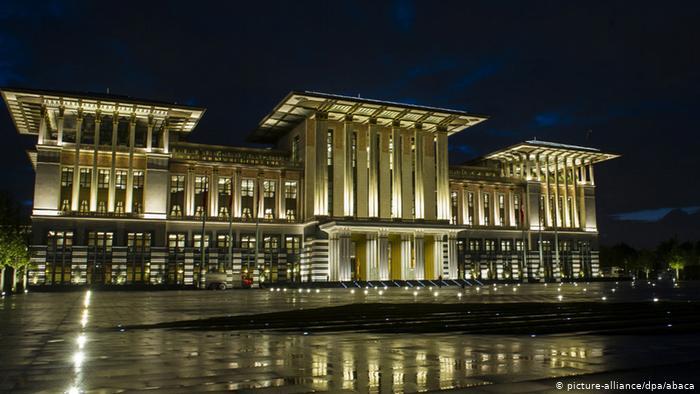Populist Czech leader Babis isn’t the only billionaire outed: More than 130 others from Turkey, Russia, India, the US, Mexico and other nations have ties to offshore accounts.
Turkish billionaire and construction tycoon Erman Ilicak had ties to two offshore companies — both of which were listed in the name of his mother in 2014. Both held assets from the family’s construction conglomerate.
One of them, Covar Trading Ltd., earned $105.5 million in income from dividends during its first full year of operations, according to confidential financial statements. The money was stashed in a Swiss account.
It didn’t stay long.
That same year, the statements show, the company paid almost the entire $105.5 million as a “donation” listed under “extraordinary expenses.” The statements do not describe who or what received the money.
By the time of publication, Ilicak did not respond to ICIJ’s requests for comment.
The Turkish mogul’s company, Rönesans Holding, was responsible for building the much-talked-about 1,150-room presidential palace for his country’s leader, Recep Tayyip Erdogan.

Erman Ilicak’s company was responsible for building Turkey’s new Presidential Palace
DW Turkish is the only Turkish-language news outlet that took part in the Pandora Papers investigation, as an ongoing crackdown on independent newsrooms and journalists in the country persists.
Why tax havens are problematic
Here’s how offshore companies work: For prices starting at just a few hundred dollars, providers can help clients set up an offshore company whose real owners remain confidential.
Alternatively, for a fee of $2,000 to $25,000, they can set up a trust that, in some instances, allows its beneficiaries to control their money while being not legally responsible for their actions. A bit of paper-shuffling and “creativity” help shield assets from creditors, law enforcement, tax collectors and ex-spouses.
Owning offshore companies and conducting financial transactions through these tax havens are perfectly legal in many countries — but the practice has come under scrutiny.
People who use these companies say they are needed to operate their businesses. Critics, however, say tax havens and offshore operations must be monitored more closely to fight corruption, money laundering and global inequality.
According to Gabriel Zucman, an expert on tax havens and associate professor of economics at the University of Berkeley in California, the equivalent of 10% of the world’s total GDP is held in tax havens globally.
What are the Pandora Papers?
Lakshmi Kumar, policy director at Global Financial Integrity, told ICIJ and affiliated news outlets that when the rich hide money through tax evasion, it has a direct impact on the lives of people.
“It affects your child’s access to education, access to health, and access to a home,” she said. How much money funnels to tax havens — and where?
Because of the complex and secretive nature of the offshore system, it’s not possible to know the exact amount of wealth that is linked to tax evasion and other crimes and how much has been reported to authorities.
The total amount of money funneled from countries with higher tax rates into tax havens with significantly lower tax rates is unknown. However, according to a 2020 study by the Paris-based Organization for Economic Cooperation and Development (OECD), at least $11.3 trillion is held “offshore.”
Tax havens are often perceived as in the sunny Caribbean, yet the Pandora Papers show that the offshore system operates all around the globe in places like Singapore, the Netherlands, Ireland, Hong Kong — and even some states in the US.
How was the leak obtained and verified?
The International Consortium of Investigative Journalists obtained the trove of 11.9 million confidential files and led a team of more than 600 journalists from 150 news outlets that spent two years sifting through them, tracking down sources, and digging into court files and other public records from dozens of countries.
The leaked records come from 14 offshore services firms from around the world that set up shell companies and other offshore nooks for clients often seeking to keep their financial activities in the shadows.
The Pandora Papers are published five years after the landmark Panama Papers investigation , which took the world by storm in 2016. The revelations spawned police raids, lawmakers passed dozens of new laws across dozens of countries and led to the downfall of several top politicians — including the prime ministers of Iceland and Pakistan.
By Pelin Ünker, Serdar Vardar
The ICIJ and media partners contributed to this report. The text was edited by DW’s Stephanie Burnett.
Deutsche Wella
MENAFN03102021000207011051ID1102908620
Legal Disclaimer:
MENAFN provides the information “as is” without warranty of any kind. We do not accept any responsibility or liability for the accuracy, content, images, videos, licenses, completeness, legality, or reliability of the information contained in this article. If you have any complaints or copyright issues related to this article, kindly contact the provider above.